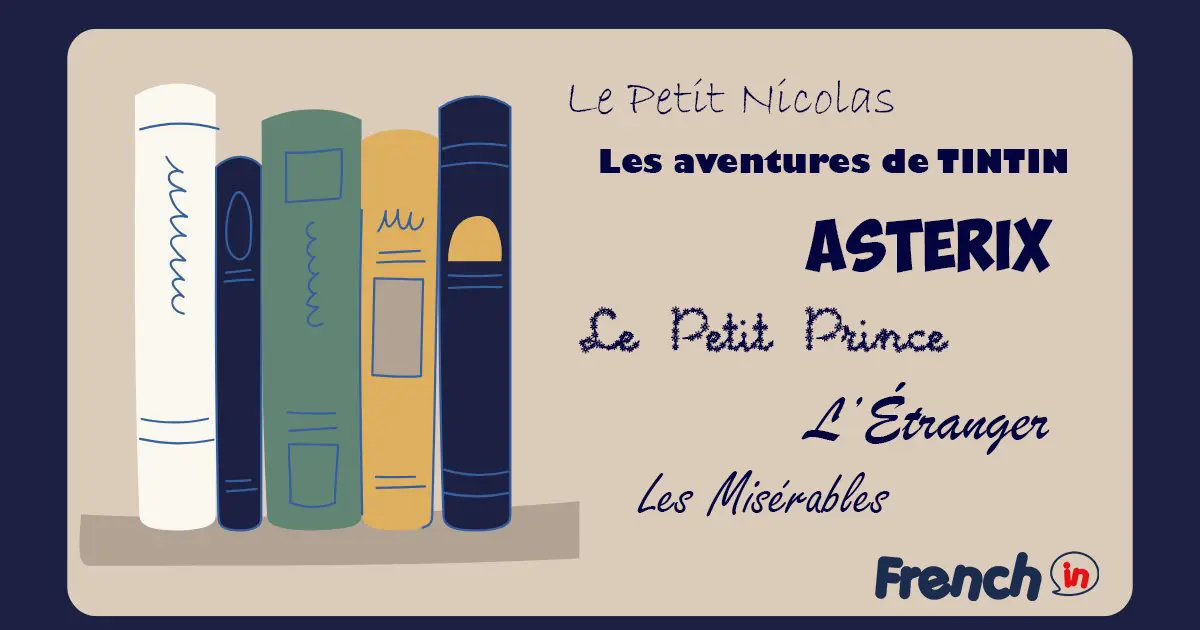What are some French social values?
When you learn a language, you’re not just learning words and grammar, you’re learning how people think, live, and connect with one another. If you’re studying French, you’ve probably already sensed that there’s something unique about the way French society functions. But what exactly do the French value as a people? What shapes their decisions, their conversations, even the way they argue or organize their daily lives? Understanding French social values helps you go beyond the language itself. It helps you make sense of behaviors and brings you closer to thinking like the French, not just speaking like them. In this article, we’ll explore the key values that define French society today, from liberty and equality to solidarity and a strong sense of shared culture. You’ll discover how these ideas aren’t just ideals, but real, everyday principles that shape how people live in France. To better understand French culture, values, and way of life, you can also explore France’s official website for international visitors, which offers great cultural insights and practical guides.
Understanding these French social values is a key part of real-life French learning. If your goal is to go beyond books and grammar rules, this article will help you connect language with everyday life in France—an essential step for anyone who wants to learn French in immersion.
French social value one : liberty
If there’s one word that defines France more than any other, it’s liberty. It’s the first word of the national motto, Liberté, Égalité, Fraternité, and it’s deeply woven into French identity.
In France, liberty goes far beyond political rights. It’s a daily mindset, a way of interacting with the world and others.
Freedom of thought and freedom of speech are not just legal rights, they’re viewed as civic responsibilities, to protect democracy. French people are encouraged to think critically, question authority, and voice their opinions, even if those opinions go against the majority.
Debating, challenging ideas, and disagreeing openly aren’t seen as rude. They’re seen as signs of intellectual engagement and active citizenship. Being able to defend your ideas, even passionately, is considered a strength.
This strong commitment to liberty also explains France’s attachment to laïcité, or secularism. In public life, religion remains private. This principle protects freedom of belief, or non-belief, and ensures that public institutions stay neutral. Everyone has the right to believe what they choose, but religion should not influence government, schools, or laws. This helps guarantee equal treatment for all citizens, regardless of their faith.
Liberty also shows up in daily life: choosing how to live, what to consume, what to support. Many French people act responsively, according to their values by supporting small local businesses, buying sustainable products, or avoiding companies they find unethical.
Living freely also means living well: having the time to think, enjoy a meal, spend time with loved ones, and protect work/life balance. Weekends and holidays are sacred because personal time is part of freedom too.
At French In, we believe liberty isn’t just an abstract ideal—it’s also a way to teach. Our courses encourage free expression and personal reflection, helping learners to develop real communication skills while also understanding French culture from the inside.
French value two : equality
The second pillar of French values is égalité (equality). While perfect equality may not exist anywhere, France works hard to make it a reality by giving everyone the same rights and as many equal opportunities as possible. It’s not just about treating people the same, but about building a system that supports fairness.
This is why so many public services in France are free or affordable. Public schools, universities, libraries, hospitals, and even the extensive public transportation system are designed to be accessible to everyone, regardless of income. The French social security system exists to reduce inequality and protect everyone’s right to health, housing, and education.
Efforts toward social justice are also a big part of this value. Anti-discrimination laws aim to protect individuals from racism, sexism or exclusion. There are systems in place, like progressive taxation, housing support, scholarships, unemployment benefits, and minimum income (RSA), that try to ensure no one is left behind.
France also values equal access to culture and knowledge. Discounts for young people, free museum days, and government support for education and the arts are all part of this effort. The goal is to make sure that enjoying culture, learning, and self-improvement aren’t only for the privileged. Equality in France is both a legal principle and a moral goal, one that requires constant attention and collective effort.
Many of these principles are reflected in our teaching environment too. We foster inclusive, respectful classrooms where learners from all backgrounds feel supported. If you’re looking to learn French through cultural experience, our approach is built around values that matter.
French social value three : fraternity
The third and perhaps most emotional part of the French motto is fraternity. While “fraternity” might sound old-fashioned in English, in France it means solidarity, connection, and the belief that society is built on mutual care.
The French social model is based on the idea that everyone contributes according to their means and receives according to their needs. This principle is visible in how people pay taxes, access healthcare, or receive support during hard times.
Collective responsibility is key: people are expected to follow rules, not just for themselves, but for the well-being of everyone. Freedom, after all, ends where it starts to harm someone else.
Solidarity is visible everywhere, from national strikes where people stand together for worker’s rights, to food drives, volunteer organizations, and community groups that help those in need. It’s about more than politics; it’s about a shared way of life, shaped by respect, empathy, and active participation.
Fraternity also means feeling part of a shared culture. The idea that “the French Republic is indivisible,” as stated in the Constitution, speaks to a strong sense of national unity.
During moments of crisis, like terrorist attacks, the country often comes together, expressing this deep bond and collective identity. You can also feel it in daily life: in cultural events, national holidays, and the value placed on common heritage.
From enjoying traditional meals to watching the Tour de France or celebrating Bastille Day, there’s a strong attachment to le patrimoine commun : the shared heritage of art, gastronomy, history, and memory. Fraternity is also about engagement. Participating in national debates, voting, joining associations, protecting the environment, or simply respecting others in daily life, all of these actions help build a society where everyone matters, and everyone belongs.
While the French concept of fraternity has deep historical roots, it continues to evolve in modern society. From shifting community dynamics to new forms of engagement, solidarity remains a strong—yet adaptive—pillar of French life. If you’d like to explore this topic further, this in-depth article on solidarity in France offers a fascinating perspective on what’s changing… and what isn’t.
Fraternity is also at the heart of how we teach at French In—through small groups, shared experiences, and activities that help students feel part of something bigger. This human-centred approach helps you experience the cultural aspects of French language beyond the textbook.
To conclude
French social values shape more than just laws or institutions, they influence how people relate to one another, how they debate, how they live day to day. The more you understand these values, the easier it becomes to truly connect with the language and the people behind it. If you’re learning French, exploring these cultural foundations isn’t just interesting but essential.
At French In, we believe language is inseparable from the society that speaks it. That’s why we go beyond vocabulary and grammar to help you experience the language through real themes like culture, values, and everyday life.
If you’re ready to explore the values that shape France—and speak French like someone who lives them—our immersive courses are the perfect way to begin. Discover our French language courses in France and experience real-life French, rooted in culture, connection, and communication. Whether you’re studying in Bordeaux, Lyon, or online, our programs are designed to help you understand not just the words, but the world behind them.




